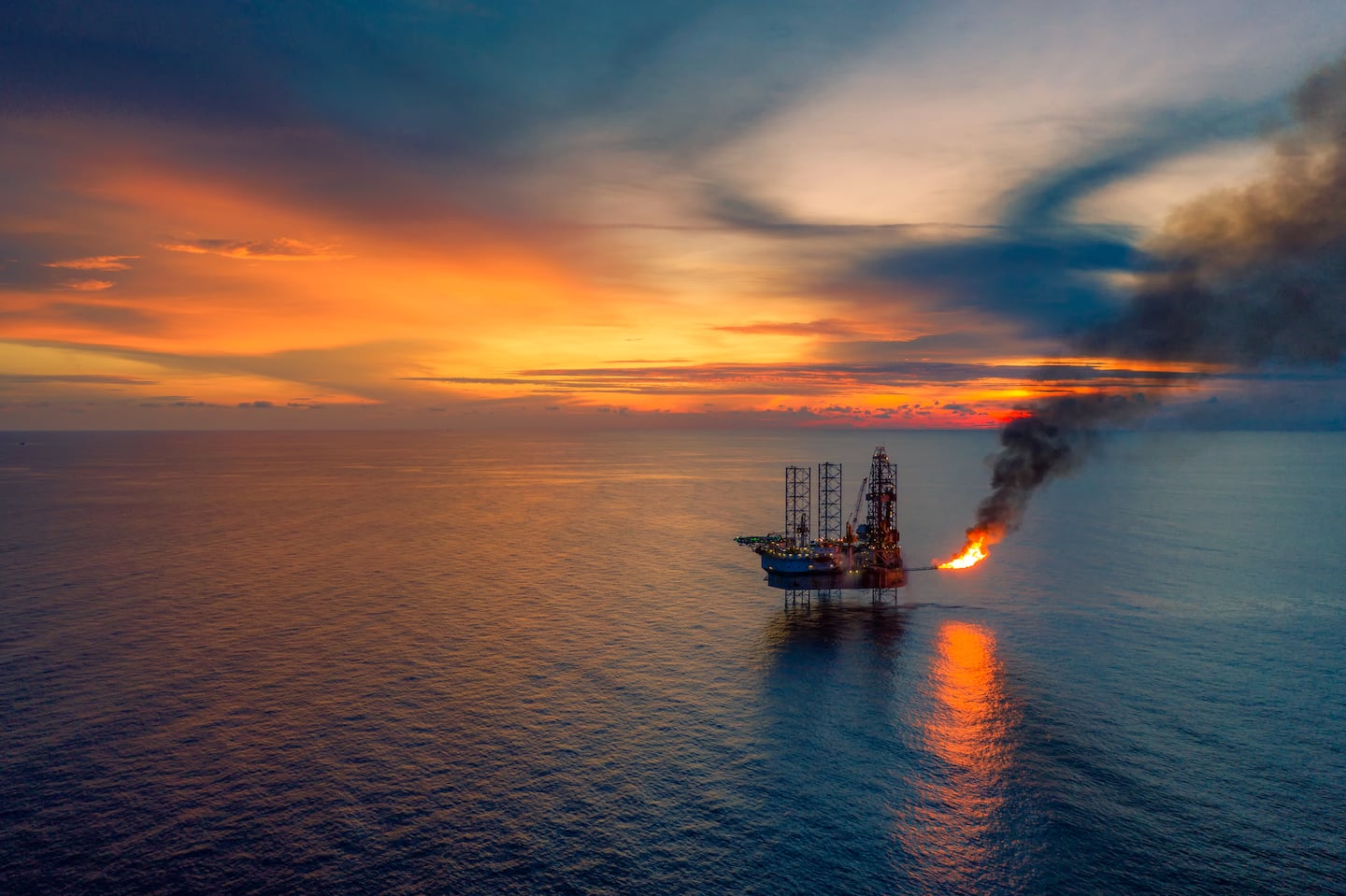The Crown Minerals Amendment Bill passed its third and final reading in Parliament, reversing the 2018 ban on offshore oil and gas exploration.
Environmentalists say the move is a win for fossil fuel companies and shifts the financial burden of decommissioning and cleaning up oil wells onto taxpayers.
The burning of fossil fuels is the primary driver of climate change, contributing to escalating weather crises such as tsunamis, cyclones, rising sea levels, and storm surges. Supporters of the bill argue it will enhance energy security and create jobs to support economic growth.
Te Ao Māori News interviewed Aotearoa Climate Action Networks’ Chair Bianca Ranson (Ngāpuhi, Ngāti Kahu ki Whaingaroa) and Adam Currie of 350 Aotearoa.

Taxpayers left with the bill for cleanup
Although oil drilling under the Crown Minerals Amendment Bill may not begin for another decade, campaigners say the immediate concern is that the bill weakens existing safeguards requiring oil and gas companies to pay for the cleanup of their operations.
After reportedly spotting a loophole, Shane Jones tabled a last-minute amendment on Monday night. It was debated the next day and added to the bill.
The change gives the Minister for Resources and the Minister of Finance, both currently Jones, the power to decide who pays for cleaning up oil wells once drilling ends. Now, taxpayers could be left with the bill.
This safeguard has already failed. In 2019, Tamarind Taranaki Limited went into liquidation, leaving the government and taxpayers with the responsibility of decommissioning the Tui Oil Field.
The initial allocation of $293 million, increased to $443 million, according to RNZ and Newsroom reporting in 2024.
Currie warns the bill opens the door for this to happen again. In addition, he notes the government announced a $200 million subsidy in May’s Budget to co-invest in new gas fields over the next four years.
Protecting tūpuna and mokopuna
For tangata whenua, the stakes go beyond financial risk.
“It’s the environmental cost, and that damage is generational,” says Ranson.
She has also been campaigning against bottom trawling in the Hauraki Gulf, a destructive fishing method that drags weighted nets across the seafloor. This week, NZ First MP Shane Jones publicly criticised campaigners, calling them “extremists” and “witches.”
Ranson says this isn’t activism, it’s kaitiakitanga.
“We are the kaitiaki, these are our tūpuna, of course, we’re going to protect them. And we’re also protecting a liveable future for the generations to come.”
Ranson also stressed Aotearoa’s responsibility to Te Moana-nui-a-Kiwa in leading the phase-out of fossil fuels.
“We have an obligation to stand with Pacific nations, whose homes and islands are disappearing beneath rising seas, even though they’ve contributed the least to climate change.”

Undermining democracy, climate agreements, and global standing
“When Shane Jones was asked about the consultation he’d done with Māori, he’d responded by saying ‘I just interviewed myself,’ and this is deeply troubling and concerning,” Ranson says.
Currie says the bill has already damaged New Zealand’s international credibility, forcing the country to leave the Beyond Oil and Gas Alliance, which it helped found. The Green Party also received legal advice that the bill breaches the Agreement on Climate Change, Trade and Sustainability, signed by the government just last year.

Clean and just transition
While the government argues the bill will support job creation and energy security, Ranson and Currie say Aotearoa should instead be investing in solar and wind energy.
Ranson points to opportunities to partner with China on affordable, high-quality solar products.
“This isn’t about losing jobs,” says Currie. “It’s about transitioning existing workforces into sustainable, resilient communities focused on climate adaptation and renewable energy.
“This government is focused on fiscally irresponsible, false solutions instead of an actual long-term energy strategy.”
He says groups like Rewiring Aotearoa have already mapped out a credible plan to scale up solar power, and that a just transition would not only reduce emissions but re-establish Aotearoa as a global climate leader, as it was with the original 2018 exploration ban.




